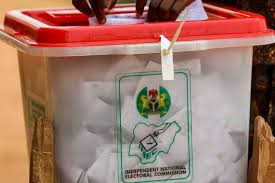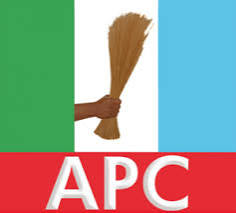Social media activist Michael Oche has brought renewed attention to the 2003 Edo State gubernatorial election, a race that has often been cited as a hallmark of electoral controversies in Nigeria.
In a post on Facebook, Oche highlighted peculiar details about the election, particularly the fact that four candidates— ANPP, AD, UNPP, NCP scored zero votes—a development that has raised fresh concerns about the credibility of the process.
According to reports, the election, held on April 19, 2003, saw incumbent Governor Lucky Igbinedion of the Peoples Democratic Party (PDP) win a second term, defeating his main rival Roland Owie of the All Nigeria Peoples Party (ANPP) and three others.
The poll was conducted under the administration of then-President Olusegun Obasanjo, a period often associated with allegations of electoral manipulation and the use of federal might to secure victories for the ruling party.
Observers have drawn parallels between the 2003 election and recent electoral trends in Nigeria, suggesting that the challenges surrounding fairness and transparency remain unresolved.
Recent gubernatorial elections, such as those in Ondo and Edo states, have continued to spark debates about the dominance of ruling parties.
In both cases, candidates from the All Progressives Congress (APC)—Aiyedatiwa in Ondo and Monday Okpebholo in Edo—emerged victorious, reinforcing perceptions of federal and state power influencing outcomes.
Oche’s post has also revived discussions about local government elections, which have frequently been criticized for being monopolized by ruling parties.
In several states, ruling parties are known to win all available chairmanship and councillorship seats unopposed, fueling concerns about a lack of genuine competition in grassroots politics.
As citizens reflect on these patterns, many are calling for greater accountability, transparency, and fairness to safeguard the integrity of future elections.






























